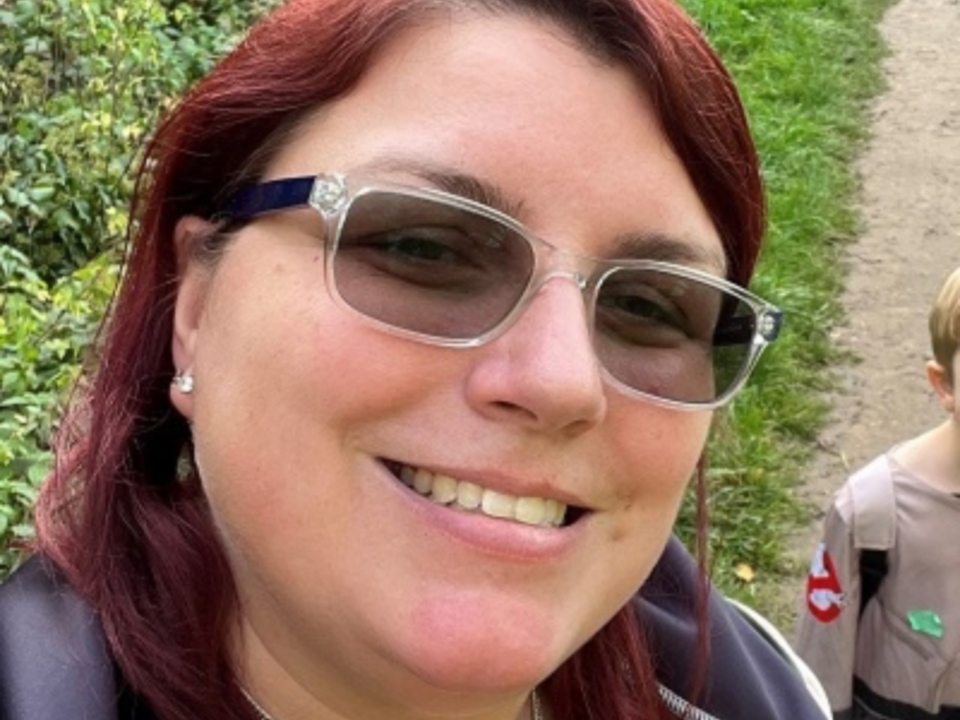“Work Emma” gets me through the day
- Date posted
- 14 December 2023
- Type
- Opinion
- Author
- Marcus Boocock
- Estimated reading time
- 3 minute read
Continuing our series on neurodiversity in the workplace, Emma Burdett shares her story about how her autism suits her career choice.
I am diagnosed autistic. I would probably have been diagnosed as having Aspergers but, as that term is no longer used, everything comes under the umbrella term ‘Autism Spectrum’. In a nutshell, I am smart and organised, but struggle with social and emotional skills.

OSH as a career choice
I trained in health and safety because I like order and rules. Health and safety legislation tells us what we need to achieve to be safe and what will happen if we don’t comply.
I was originally in a more general occupational health and safety role (I conducted risk assessments, updated policies, organised training etc), but moved to fire safety as my specialism. Firstly, I was in workplace fire safety, but I am now in residential fire safety working for Phoenix Community Housing, a not-for-profit housing association based in South London.
My autism means I have a great eye for detail and generally don’t get easily flustered. One of my previous roles was in emergency planning and my manager liked working with me as I always seemed so calm. It was more a case of I can emotionally remove myself from a situation and concentrate on the facts and solutions.
‘Work Emma’
Being autistic can make work life challenging. I have developed new personas depending on who I am interacting with, which is my form of masking (when neurodiverse people try to cope with daily life).
I am not the same at work as I am at home. Some might argue nobody is, but for autistics it can be extreme. My job requires a lot of interaction with our residents; I attend a lot of resident events to provide fire safety information and answer questions, but find my social anxiety prevents me from attending work social events. This is ‘Work Emma’. This version of me can talk to residents and colleagues about fire safety because I am competent in my field, I am confident in what I am speaking about.
Outside work, I have specialist interests, routines that I repeat and rarely socialise. I have meltdowns, mainly if I have had a particularly bad day, but no one at work is aware, because it is not part of ‘Work Emma’. Masking is very tiring - actually it’s completely draining - but it allows me to do my job in a manner that is supposedly ‘acceptable’ to the neurotypical.
I have been asked how I do such an interactive job when socialising causes me so much anxiety. It’s because I am not socialising; I am listening, informing and keeping people safe. To me they are two very different things.
Being autistic in a work setting is still very hard
I wear an ‘Autistic’ badge, but still mask a lot. I still feel that in general, because I am not what people view as ‘typically’ autistic, I have learnt to conform to what is perceived as ‘normal’.
When I say I am autistic people normally reply ‘But, you don’t seem autistic’, or ignore it altogether. I would rather people asked me questions about it to understand me better.
I am very open on social media about being autistic but have noticed that if you post about being autistic on professional platforms (such as LinkedIn) it goes practically unnoticed. Compare that to if I post about fire safety, people pay attention.
My employer is very supportive. They have basically said they will help in any way they can. It helps that they are a very open and diverse organisation.
Neurodiversity in the workplace still needs development and acceptance, but we have certainly come a lot further than when I first started working over 20 years ago.
Last updated: 24 February 2025
Marcus Boocock
- Job role
- PR and Public Affairs Manager
- Company
- IOSH
 IOSH
IOSH



